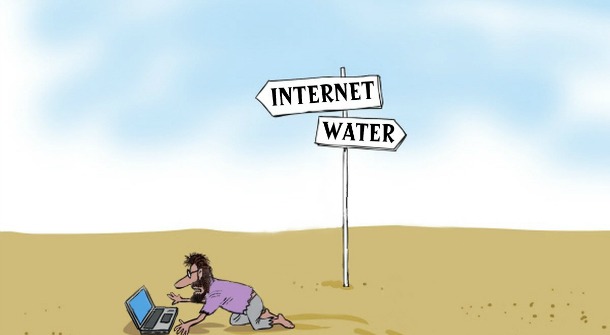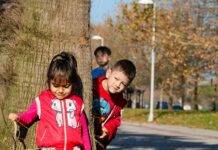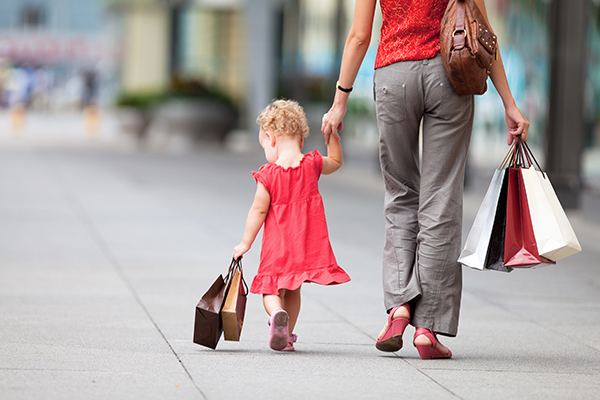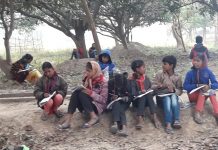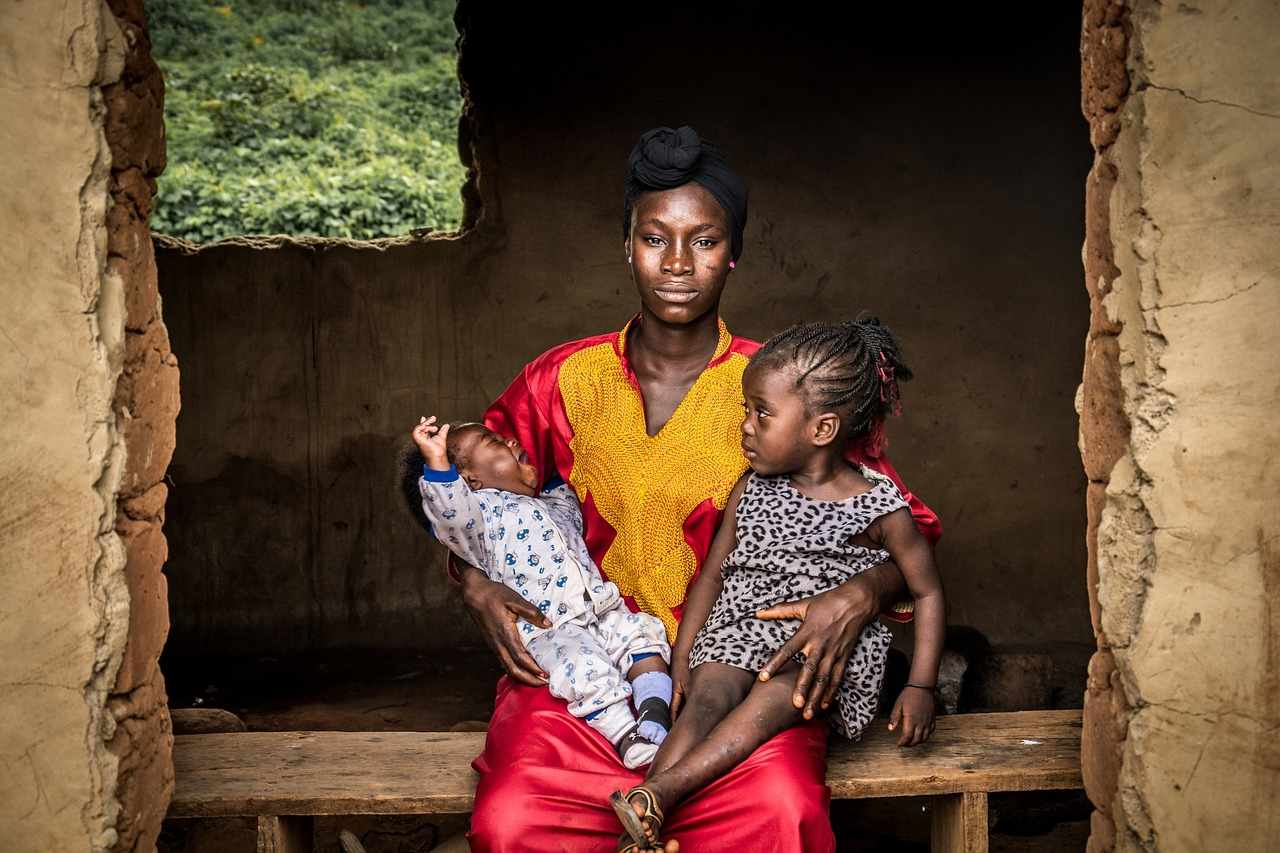
The prevalence of ‘Baby Factories’ is common in Nigeria especially in its Southeastern parts. Despite the fact that several raids and governmental operations have been conducted in the past to bring an end to the unethical practice, this is a well-known and thriving business in the region.
In the ‘Baby Factories’ of Nigeria both women as well as girls beyond the age of puberty are held captive to deliver babies and once they have given birth, these babies are sold illegally to adoptive parents. The babies that don’t find any buyers are forced into child labour, trafficked into prostitution or made child labours. Many of them are also sacrificed in local rituals.
In these ‘Baby Factories’ boys are sold at a much greater rates compared to the girls. Male children are often sold between 700,000 naira($2,000)to one million naira(about $2,700) while female babies are sold for between 500,000 naira(about $1,350) and 70,000,00 naira. Most of the buyers who come as clients to the ‘Baby Factory’ are couples who have been unable to conceive naturally.
Even though the government has made this trade punishable by law and anybody who is caught buying, selling or dealing in the procurement of children can be prosecuted, the baby trade continues as a regular practice in Nigeria.
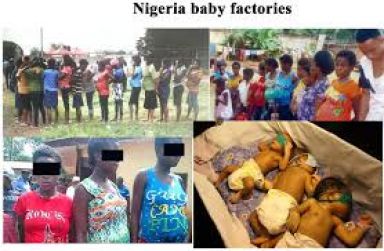
Several police raids have been conducted in the past couple of years to burst the racket and stop the practice but despite such efforts, illegal buying and selling of babies has been a common and widespread practice in the country.
These factories are usually small facilities that often operate in the name of private medical clinics/orphanages that house pregnant women and offer their babies for sale. In most cases, the young women who live and become pregnant in these facilities are being held against their will and raped, with their newborns sold in the black market.
But security agencies say that there is more to the story, these facilities also see many unmarried women with unplanned pregnancies approaching them voluntarily or with the persuasion of relatives or even for the money that they can earn in return of selling their babies in the black market.
Nigeria is a country which has one of Africa’s largest economies as a producer of oil, but it is also a country that has the highest number of people living under conditions of extreme poverty compared to anywhere else in the world.
The Nigerian government does not yet have an official data about how many babies are born and sold each year in these baby factories in Nigeria and they have no clue about how many girls are trafficked and abused each year in this exploitative ecosystem.
The United Nations estimates suggest that about 750,000 to one million people are trafficked every year in Nigeria and more than 75% of those who are trafficked are trafficked across states, 23% are trafficked within states, while 2% are trafficked outside the country.
Thus we see how a systematic system of sale and purchase of babies has become fully developed in Nigeria and can be seen as nothing short of an ecosystem for baby harvesting. The continuous and sustained rape culture that predates on women accompanied by institutional efforts to exploiting their poverty and vulnerable state help in the thriving of such an unethical and morally unjust regime. The babies born in these ‘baby factories’ are adopted by families in the western world and sometimes used for other purposes such as trafficking. This system stands for physical, social and emotional coercion of innocent women and underlines the heightened denial of their rights to freedom and dignified living.


